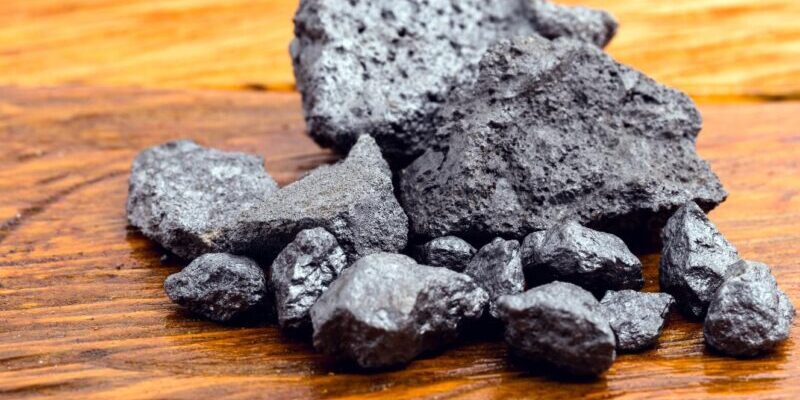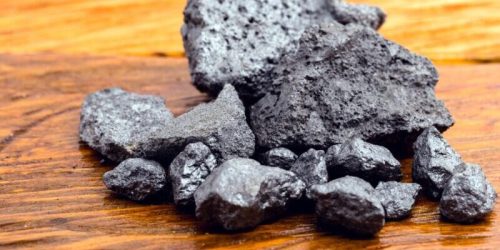Malawi halts raw mineral exports in $500M plan to promote domestic processing and industrialisation
Malawi has imposed a nationwide ban on the export of raw minerals, a decisive move aimed at retaining resource wealth and fostering domestic industrialisation.
President Peter Mutharika, speaking at a cabinet swearing-in ceremony at Sanjika Palace in Blantyre, emphasized that the policy takes effect immediately and is intended to stimulate local processing, create jobs, and enhance economic independence.
He estimated that Malawi could retain up to $500 million annually through value addition rather than raw exports.
“I will not allow the exportation of raw materials from our mines,” President Mutharika said. “We must stop exporting opportunity and start building industries.”
The ban targets key mining areas, including rutile deposits in Kasiya and rare earth sites in Kangankunde. Malawi’s broad mineral portfolio, which includes uranium, bauxite, graphite, coal, and precious gemstones, positions the country as a potential regional beneficiation hub.
President Mutharika, recently re-elected, described the decision as a cornerstone of economic nationalism and urged his cabinet to prioritize tangible industrial outcomes.
Economists, however, caution that the success of the policy depends on infrastructure development, technological investment, and strong enforcement.
Past examples in Africa show mixed results. Zimbabwe’s 2023 lithium export ban prompted smuggling, while Tanzania’s 2017 gold restrictions pushed many miners into illegal markets. Effective implementation in Malawi will require careful planning and oversight to avoid similar challenges.





